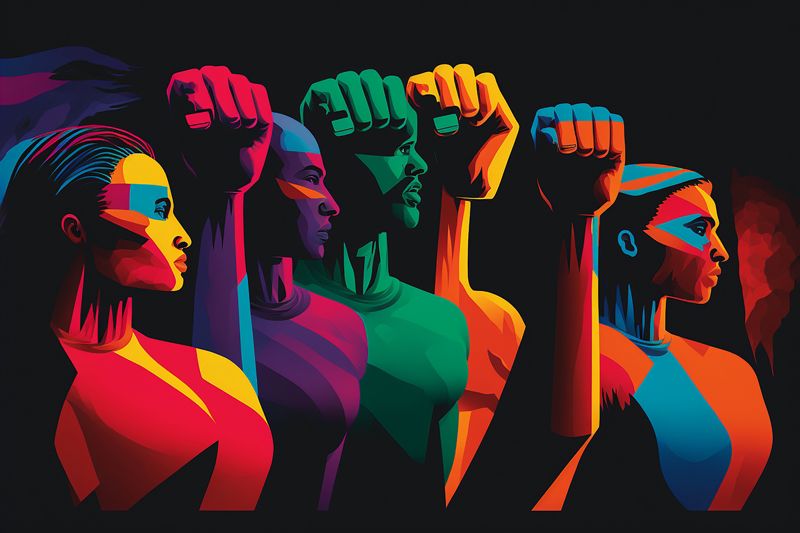Healing. Not Hate.
In a recent conversation, speakers highlighted the importance of addressing hate and injustice while fostering solidarity among communities. The discussion focused on the need to learn from history to combat hate crimes and prevent further attacks. Documentation, education, advocacy, and collective mobilization are just few highlighted solutions in combating hate and promoting healing in a briefing hosted by Ethnic Media Services.
Speakers:

- Helen Zia, Author and Founder of The Vincent Chin Institute
- Beth Wright, Staff Attorney for Native American Rights Fund (NARF) and Researcher on Boarding Schools, Truth and Healing
- Nestor Fantini, Publisher and Sociologist, former political prisoner in Argentina
- James Taylor, Professor of African American History, USF-SF
Documenting and Validating Traumas:
One recurring theme in the conversation was the importance of documenting and validating the traumas experienced by marginalized communities. By acknowledging and recording these experiences, we can ensure that they are not forgotten or dismissed. By documenting past crimes and the subsequent actions taken, we can learn from the past and inspire future generations to stand against hate.
Education and Understanding:
Another crucial aspect discussed was the need for education and understanding. By sharing the history of communities’ struggles and victories, we can promote empathy and foster a deeper understanding of the experiences of different groups. The translation of this history into various languages was highlighted to break down barriers and help individuals understand the experiences of others in their own terms. By learning from one another, we can build bridges of solidarity and work towards a more inclusive society.
Conversations and Dialogue:
Engaging in conversations about past injustices and their impact was emphasized as a vital step towards healing and preventing future occurrences. By openly discussing what happened and its consequences, we can collectively reflect on the root causes of hate and work towards solutions. These conversations also provide an opportunity to explore strategies to ensure that history does not repeat itself. By creating safe spaces for dialogue, we can foster understanding, empathy, and a shared commitment to combatting hate.
Advocacy and Organizing:
Advocacy and organizing are very powerful tools for change. Speakers emphasized the need to come together, mobilize, and take action. This includes advocating for policy changes, organizing grassroots movements, and raising awareness about the issues at hand. By amplifying marginalized voices and demanding justice, systemic injustices can be challenged leading towards a more equitable society.
The Role of Individuals and Communities:
The conversation underscored the role of individuals and communities in combatting hate and injustice. It emphasized that healing and change begin with each person’s commitment to understanding, empathy, and action. By taking responsibility for our own biases and actively working to unlearn them, we can contribute to dismantling systems of oppression and creating a more inclusive and just society for all.


